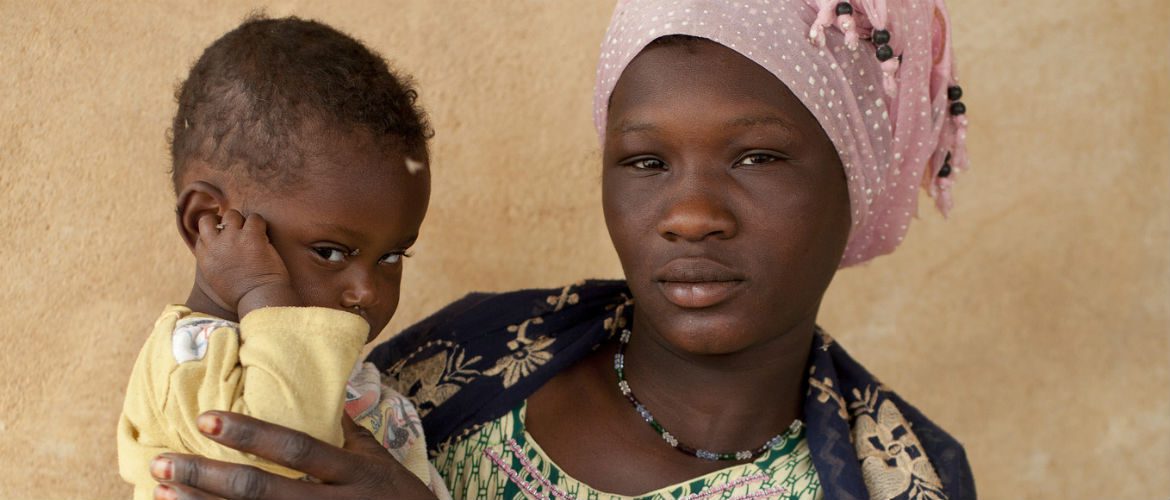
We want to share the words of Nurse Alassane Amadu with you.
He’s a full-time hygienist in Niger, a country grappling with malnutrition and lack of clean water. In the small community health centre where he works, Alassane sees many cases of malnutrition. Unfortunately Niger has more malnourished children than almost anywhere in the world.
“I was here since October 2010, and there was no water system. Before, it was harmful without the water, we could not practice medicine really,” said Alassane.
In the health centre where Alassane works, healthcare workers administer life-saving nourishment through feeding tubes to malnourished children. But without clean water for the mixture, they can’t give this food.
Water borne diseases can also exacerbate and contribute to malnutrition and — with nearly 15% of the population in Niger already experiencing malnutrition — can make people more susceptible to disease.
It’s a vicious cycle. And for the smallest, most vulnerable members of the community, clean water can be the difference between life and death.
Baby Marie (pictured) entered Alassane’s clinic with signs of dehydration. But since Oxfam introduced clean water, sanitation and good hygiene, she was able to receive the help she needed.
Alassane’s health centre received a 1000 litre capacity water tank, toilets, hand-washing stations and hygiene training and is lifting families out of despair.
“I came directly to the clinic, and she received paracetamol, antibiotics and rehydration. The first day she received treatment she started to recover, so I wasn’t too worried. I’m really pleased to receive this [hygiene] kit, I think with it I can really keep my children safe.” said Marie’s mother.
Alassane has noticed big changes since the arrival of clean water and hygiene.
“[Now] There’s no problem with water provision, or to clean the medical equipment and treatment centre. The latrines have made an enormous difference. Before we were ashamed that people had to use the facilities, now we’re so proud.” said Alassane.
“Marie was really very sick. When they arrived she was completely dehydrated. Two days later she was a lot better. I think her illness was caused by the hygiene situation. I was with the baby from the beginning, I was so thrilled and delighted she made a quick recovery.”
Want to know how we’re tackling the cycle of malnutrition in Malawi? Find out more or donate now.